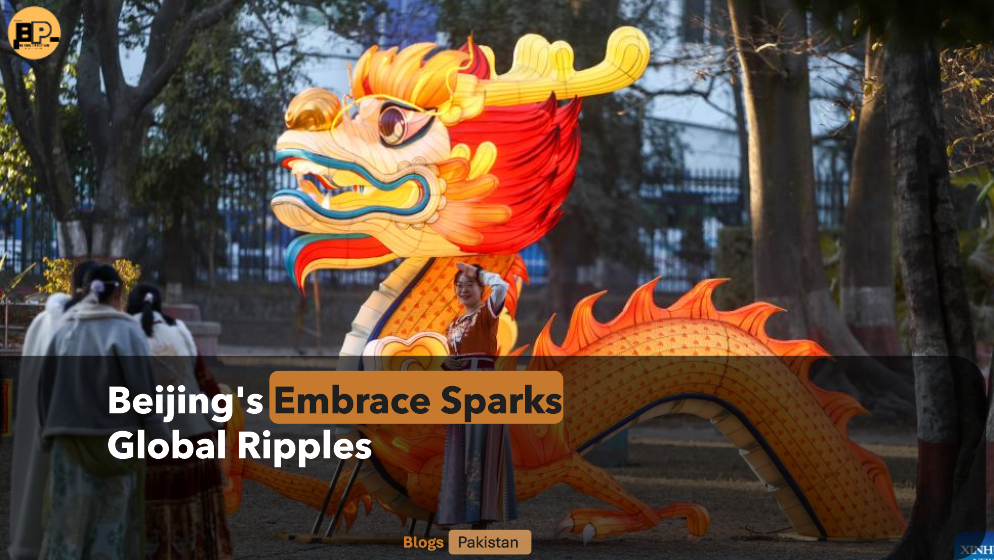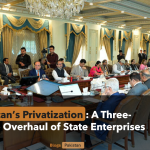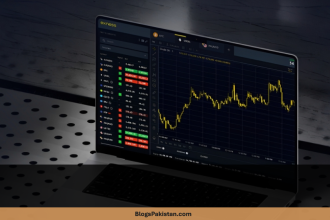The air in Beijing crackled with diplomatic energy as leaders from across Latin America and the Caribbean gathered for a significant forum. At the heart of this assembly stood the President of China, a figure whose pronouncements carry weight far beyond the Middle Kingdom. His address wasn’t just a customary welcome; it was a pointed commentary on the current global order, a firm declaration of intent, and a subtle yet unmistakable critique directed at established powers. When Xi slams, the world tends to listen, and this occasion was no exception.
A Gathering of Nations: Forging New Paths in a Shifting World
The Beijing China-CELAC (Community of Latin American and Caribbean States) Forum has emerged as a crucial platform for fostering ties between these geographically distant yet increasingly interconnected regions. In recent years, Beijing has strategically deepened its economic and political engagement with Latin American nations, offering an alternative to traditional partnerships. This summit served as a powerful demonstration of this growing alignment, a visual representation of a shifting global landscape where new alliances are being forged.
The Unspoken Target of Beijing: Decoding the Language of Diplomacy
While the name of any specific nation wasn’t explicitly uttered, the undertones of the President’s speech were unmistakable. His condemnation of “bullying” and “hegemony” resonated as a thinly veiled swipe at the United States, particularly in the context of recent trade disputes and Washington’s pressure on Latin American nations to align themselves. This carefully chosen language, a hallmark of diplomatic discourse, conveyed a clear message without resorting to direct confrontation. When Xi slams in this manner, it’s a calculated move, intended to resonate with an international audience weary of unilateral actions.
The Promise of Partnership: Investment and Shared Development
Beyond the critique, the Chinese President extended a hand of partnership, pledging a substantial $9.2 billion in credit towards “development” within the Latin American and Caribbean region. This financial commitment underscores Beijing’s strategy of using economic incentives to build stronger relationships and foster a sense of shared prosperity.
This approach contrasts with what some in the region perceive as more conditional or less generous engagement from traditional partners. The emphasis on “unity and cooperation” as the path to “global peace and stability and promote worldwide development and prosperity” further framed China as a proponent of a multipolar world order.
Echoes of Trade Wars: A Warning Against Protectionism
The President’s remarks also touched upon the contentious issue of trade, echoing his earlier sentiments regarding tariff wars. His assertion that “there are no winners in tariff wars or trade wars” served as a reminder of the economic turmoil caused by recent protectionist measures. By highlighting the “risks” of such policies and stating that “bullying and hegemony will only lead to self-isolation,” Xi slams the very principles that underpin unilateral trade actions. This stance finds resonance with many nations that have felt the ripple effects of global trade tensions.
Key Players on the World Stage: Brazil and Colombia’s Alignments
The presence of prominent Latin American leaders at the forum underscored the significance of this engagement. Brazilian President Luiz Inacio Lula da Silva’s state visit to Beijing, coinciding with the forum, highlighted the deepening economic ties between the two nations.
Similarly, Colombian President Gustavo Petro’s intention to join China’s Belt and Road Initiative during his visit signaled a strategic alignment with Beijing’s ambitious infrastructure program. The fact that two-thirds of Latin American countries have already joined the BRI speaks volumes about the initiative’s appeal and China’s growing influence in the region.
A Call for Horizontal Dialogue: Challenging Traditional Power Dynamics
President Petro’s address at the forum further emphasized the desire for a new paradigm in international relations. His call for a “horizontal dialogue, rather than a vertical one” that is “free of authoritarianism, of imperialism” directly challenged traditional power dynamics where relationships are often perceived as hierarchical.
This resonates with nations seeking greater autonomy and a more equitable footing in global affairs. When a leader like Petro advocates for such a dialogue in Beijing, it amplifies the message that the era of unchallenged dominance may be waning.
The Shifting Sands of Global Influence: A New Era of Partnerships
The growing engagement between China and Latin America represents more than just economic transactions; it signifies a fundamental shift in global influence. As China’s economic power continues to rise, its ability to forge strategic partnerships across continents expands.
For Latin American nations, this offers an opportunity to diversify their relationships, access new markets, and potentially secure more favorable terms of engagement. The forum in Beijing served as a powerful symbol of this evolving landscape, where the dragon’s embrace is being met with increasing receptiveness. When Xi slams the old order while simultaneously offering new avenues for cooperation, it signals the dawn of a potentially transformative era in international relations. The ripples of this engagement are likely to be felt across the globe as nations navigate this changing world order.










